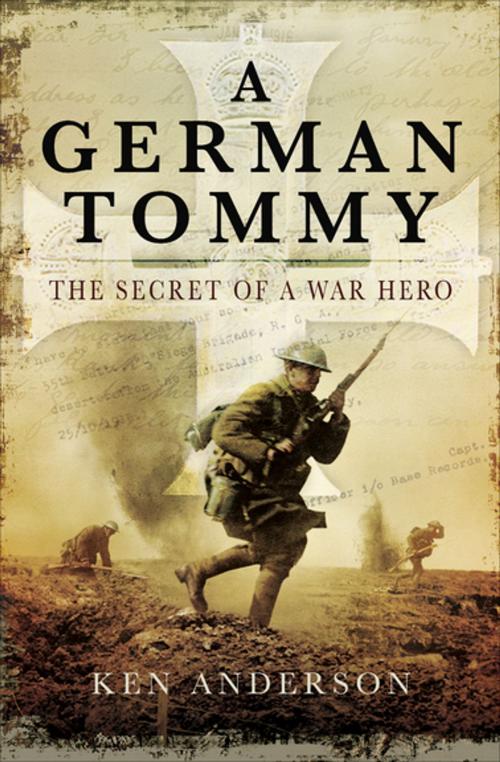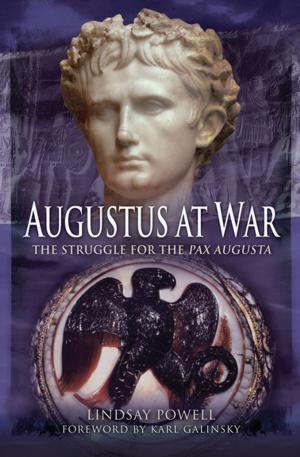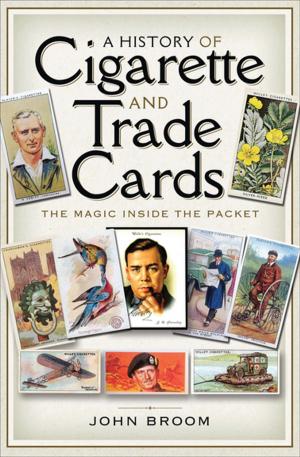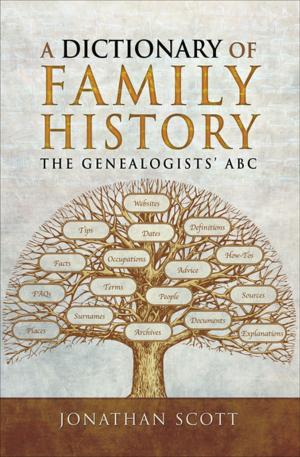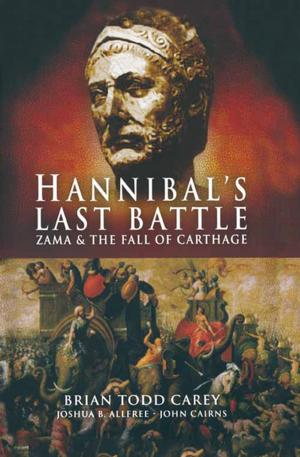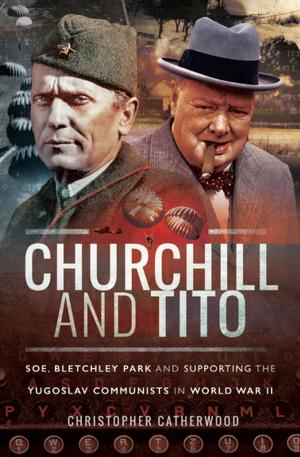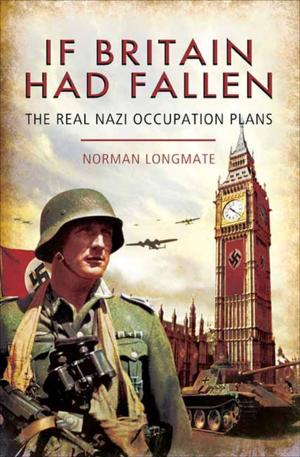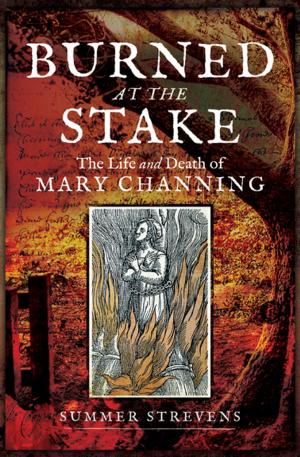A German Tommy
The Secret of a War Hero
Nonfiction, History, Military, World War I, Biography & Memoir, Historical| Author: | Ken Anderson | ISBN: | 9781473834583 |
| Publisher: | Pen & Sword Books | Publication: | February 11, 2014 |
| Imprint: | Pen & Sword Military | Language: | English |
| Author: | Ken Anderson |
| ISBN: | 9781473834583 |
| Publisher: | Pen & Sword Books |
| Publication: | February 11, 2014 |
| Imprint: | Pen & Sword Military |
| Language: | English |
“How a soldier of German ancestry hid his identity to serve with the British Army . . . [Anderson] has pieced together Schwarz’s remarkable story” (The Daily Telegraph).
It was a time of misguided loyalties. The First World War British Army, in a shameful act of patriotism, was withdrawing from the front line veterans who had a German name and posting them to a non-combatants regiment. At home, anti-German feeling was reaching fever pitch. However, one young man, the son of a German father, conspired to have the Army send him into battle. In doing so he became a hero.
This is the story of the “German Tommy,” Walter Schwarz (alias Lieutenant Walter Lancelot Merritt, Military Cross and Bar, bearer of the king’s pardon), told in full for the first time after years of research in Australia and Britain. It reveals why and how others helped the young man from Queensland—an Australian Army deserter—survive in an atmosphere that was poisonous at home and in battle for those of German blood who were, nevertheless, like Schwarz, loyal to king and country. Ken Anderson has gone behind the accepted facts to claim how official documents were altered and members of a secret society lied and swore false testimony to help Schwarz, acting on their oath to help a fellow member in distress.
The book offers an insight into the way in which people of German origin were treated in Australia and Britain during the First World War, as well as how Freemasonry, at its peak at that time, helped men of humble backgrounds improve their status in life.
“How a soldier of German ancestry hid his identity to serve with the British Army . . . [Anderson] has pieced together Schwarz’s remarkable story” (The Daily Telegraph).
It was a time of misguided loyalties. The First World War British Army, in a shameful act of patriotism, was withdrawing from the front line veterans who had a German name and posting them to a non-combatants regiment. At home, anti-German feeling was reaching fever pitch. However, one young man, the son of a German father, conspired to have the Army send him into battle. In doing so he became a hero.
This is the story of the “German Tommy,” Walter Schwarz (alias Lieutenant Walter Lancelot Merritt, Military Cross and Bar, bearer of the king’s pardon), told in full for the first time after years of research in Australia and Britain. It reveals why and how others helped the young man from Queensland—an Australian Army deserter—survive in an atmosphere that was poisonous at home and in battle for those of German blood who were, nevertheless, like Schwarz, loyal to king and country. Ken Anderson has gone behind the accepted facts to claim how official documents were altered and members of a secret society lied and swore false testimony to help Schwarz, acting on their oath to help a fellow member in distress.
The book offers an insight into the way in which people of German origin were treated in Australia and Britain during the First World War, as well as how Freemasonry, at its peak at that time, helped men of humble backgrounds improve their status in life.
